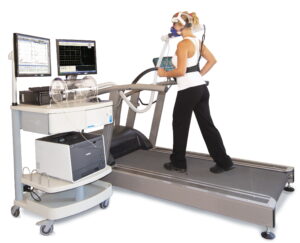Why Do Antibiotics Make Me Feel Better?
"Many PWCs have experienced improvement of symptoms following antibiotic treatment for other conditions. The natural questions then are why? And should I continue to take antibiotics?
The first answer is simple. Antibiotics may “work” in more than one way. Yes, they might be treating some hidden infection in the body. But antibiotics have other ameliorating affects on the body beside antibiosis. For example, we use the antibiotic erythromycin to stimulate digestion in persons with gastroparesis (slow gut). In that case, erythromycin works as a pro-kinetic drug. For years, minocycline has been known to treat early rheumatoid arthritis, not as an antibiotic but as an immune modulator. And the antiviral drug, amantadine, has long been recognized to reduce fatigue in persons with Parkinsonism, MS, and – yes – Chronic Fatigue Syndrome.
The second answer is more complex. In my experience, a repeat course of antibiotic is usually not helpful. In such a case, the original occult infection may have been treated; gut bacteria may have been affected allowing for improvement in gut biosis and reduced “leaky gut”; or the improvement may just have been coincidental. There may be other reasons, but repeating the antibiotic does not always help. On the other hand, some patients do respond favorably to repeated rounds of antibiotic. In those cases, we may recommend intermittent dosing (say 5-7 days per month) or long term antibiotic use – usually at lower, safer doses, or rotating with other antibiotics. The concerns, of course, are that long term use of any antibiotic may lead to adverse effects or resistance of organisms in the body."
-Dr. Charles Lapp

